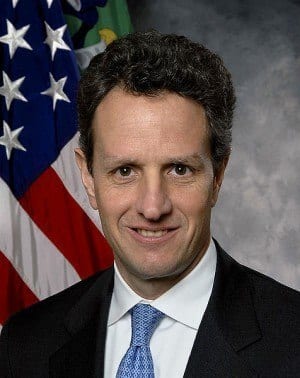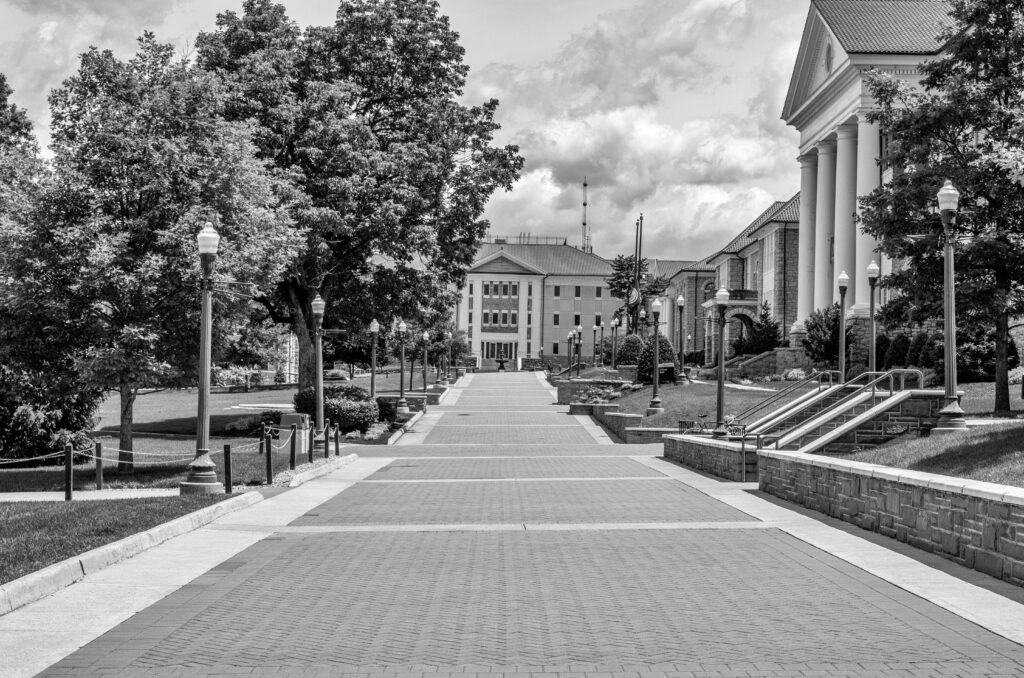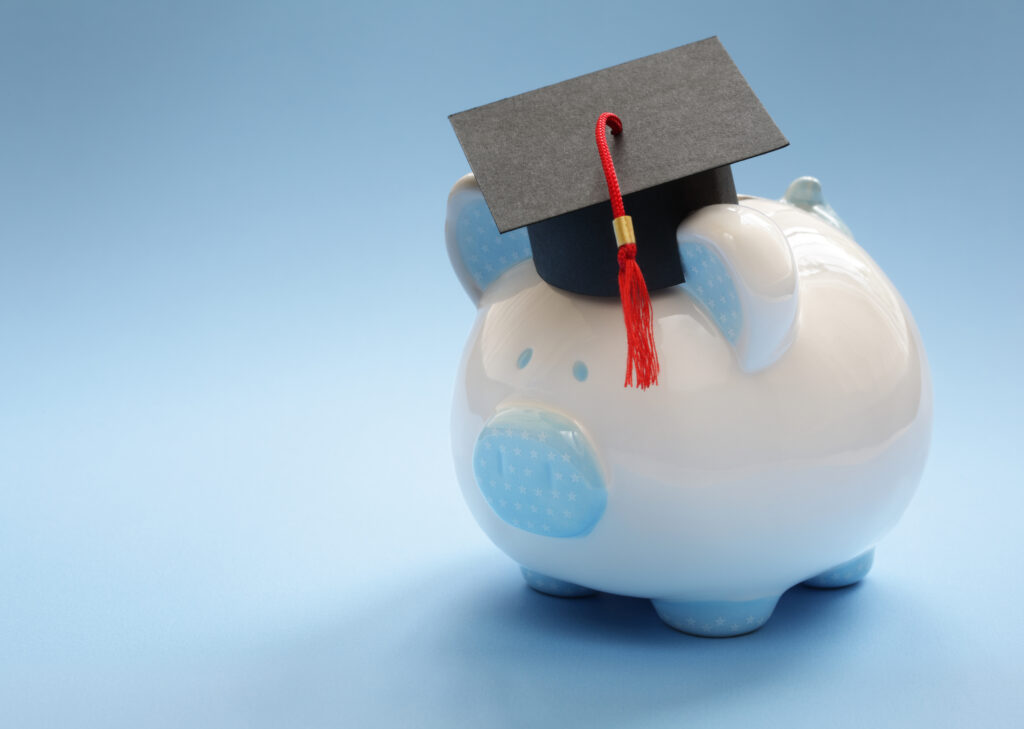
The House of Representatives just passed the GOP’s “One Big, Beautiful Bill” on Thursday, and it is now on its way to President Donald Trump’s desk to sign into law. A July 4th deadline for Congress’ approval was previously given by the president, and they’ve met it to welcome us into the federal holiday weekend.
Among key changes such as slashing federal Medicaid spending, rolling out fresh incentives for businesses and making permanent Trump’s 2017 Tax Cuts and Jobs Act that was set to expire by the end of 2025, student loans are also expected to be shaken up by the bill. We breakdown what the future of federal student loans may look like if it is officially signed.
What are the Changes to Student Loans?
The number of repayment plans available to borrowers is set to be reduced and significantly reshaped compared to those offered under the Biden-era program. Where previously repayment requirements were tailored to a borrower’s income, they are to be replaced with a new fixed-rate program, putting lower-income families at a disadvantage.
In addition, new caps on student loans will be set in place for graduate, medical, and law students looking to further their education beyond an undergraduate degree. Parent PLUS loans for parents seeking to help pay for their children’s college tuition will also see a cap.
What is the New Proposed Student Loan Repayment Program?
The bill will phase out forgiveness programs that have been in effect for years, and implement two fixed repayment plans. The first is a standard plan that provides a 10- to 25-year repayment period based on loan amount, without considering income. The second is a “Repayment Assistance Plan” in which borrowers pay monthly payments of 1% to 10% of their discretionary income.
What are the New Student Loan Caps?
A lifetime cap of $100,000 for graduates could come into effect, as well as a lifetime cap of $200,000 for medical and law students. Parent PLUS loans would additionally be capped at $65,000.
Overall, if signed into law—and sooner than we might anticipate, the bill could lead to more students relying on private loans with less favorable repayment options. For many, future plans for a graduate education could be dropped altogether, and career goals delayed. However, these changes are unlikely to affect the 42.5 million Americans already in student loan debt, as only prospective borrowers are set to face it head on if all comes into fruition.
SEE ALSO: Trump Administration Accuses Harvard of Violating Civil Right Law












